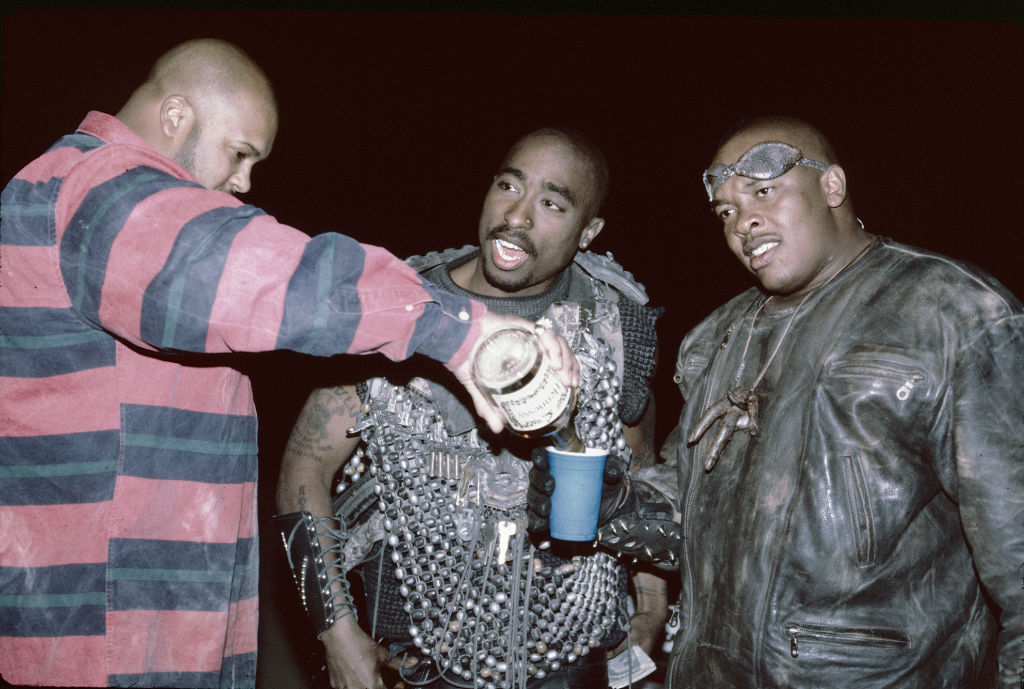Suge Knight Claims Tupac's Ashes Were Smoked
Suge Knight Says Tupac’s Friends Smoked His Ashes: “It Was Symbolic”

In a new revelation that has reignited both fascination and controversy surrounding Tupac Shakur’s legacy, former Death Row Records CEO Suge Knight has made a stunning claim: Shakur’s friends and family smoked his cremated ashes mere hours after his death.
According to Knight, in the hours following Tupac’s passing in 1996, a bag containing the rapper’s ashes was “passed around,” with close friends allegedly rolling and smoking the remains in what some have described as a symbolic and deeply personal tribute. “His homies rolled him up. They smoked him,” Knight stated bluntly.
Knight also disclosed that Tupac’s cremation was carried out in haste—and at a steep cost. He says he handed over $1 million in cash to have the process completed immediately at the demand of Tupac’s mother, Afeni Shakur. “Get it done. Now,” she allegedly told him, after cussing him out for hesitating. Despite Tupac’s own reported wishes not to be cremated, Afeni’s decision prevailed. Knight recalled Tupac once telling him that he wanted a traditional farewell, imagining a funeral where “every rapper” would pay tribute by grabbing the mic and kissing him “head to toe,” inspired by his song Life Goes On.
Interestingly, while Knight orchestrated the cremation and was present for the now-infamous ashes-smoking ritual, he says he did not take part. “I was so happy to say I was on probation — I couldn’t smoke,” he said, acknowledging that his legal status ironically spared him from participating.
This claim, while not entirely new in the lore of Tupac Shakur, continues to stir debate. Rumors of the ashes-smoking ritual have circulated for years, often dismissed as urban legend or misunderstood metaphor. However, Knight’s matter-of-fact confirmation adds a new layer to the mythos of Tupac—one that is both provocative and poignant.
Whether seen as a bizarre act of reverence or a sensational footnote in the saga of one of hip-hop’s most iconic figures, the story is yet another reminder that Tupac’s life—and death—remain shrouded in legend, complexity, and contradiction.
Source: NYPost.com









